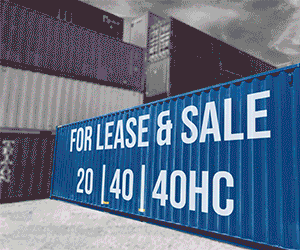Supply chain operations in real estate development represent the most tangible, yet least flexible anchor points of a supply network. Likewise, the growth of e-commerce and the increased agility that this growth demands, makes it more crucial for businesses to evaluate supply chains when making real estate decisions opines Francis Alfred, Managing Director, Sobha Realty. in this contribution.
A strong supply chain is emerging as a critical demand in the property and construction industry, in order to effectively manage costs and complete projects within tight timelines. In a market that is recovering from the pandemic, it is widely acknowledged that businesses need to closely analyze their supply chain strategies to mitigate as much risk as possible.
Coordination
Supply chain management for real estate firms comprises the coordination of people, properties, processes, vendors, information, and resources, that facilitate the timely delivery of products or services to the final customer.
Due to the pandemic, the role of the supply chain has increased in importance and is even transitioning from an operational to a strategic level, where it can be further optimized by lowering costs and improving performance. Moreover, the supply chain has the biggest chance of assisting a business in achieving its objectives, when it is controlled at the operational, tactical, and strategic levels.

However, it is recognized that the construction sector suffers from supply chain management inefficiencies, which have led many successful businesses to insolvency. This can be significantly reduced if firms use new-age technology, which can streamline their supply chain and do away with labor-intensive paper-based invoicing and signing-off procedures that some organizations still use.
Stakeholders’ access
The latest technologies can also increase the stakeholders’ access to real-time information, which would prevent delays and other issues before they arise. In addition to having the right technologies, it is also important to have the right people in charge and collaborate effectively in order to ensure success.
Effective supply chain management can greatly affect the success, quality, and profitability of construction projects. As a result, real estate developers are now focused on embracing resiliency and responsibility in their supply chain management to adapt to external factors such as geopolitical conflicts, irregular shipping schedules, and new global legislations and policies, while also improving their impacts on the workforce, local communities, and the environment.
Furthermore, by fostering cooperative communication between themselves and their suppliers, combined with technological innovations, improved efficiency, and supplier diversity, developers can effectively gain a competitive edge in the supply chain.
Want to stay updated on the latest industry news and trends? Subscribe today to receive your monthly news highlights directly in your inbox!











